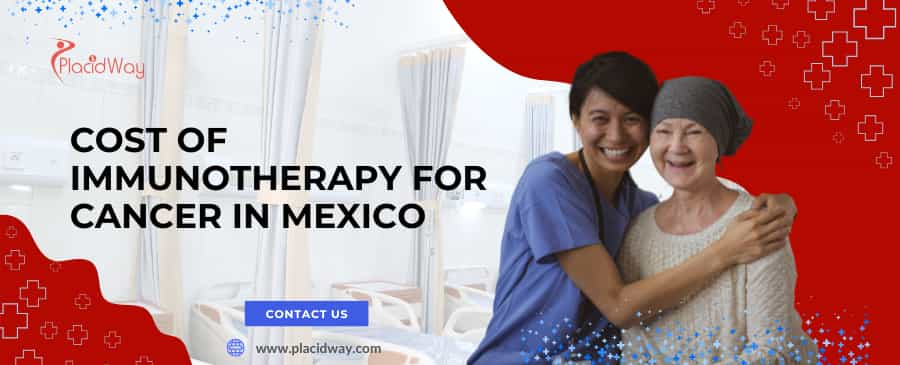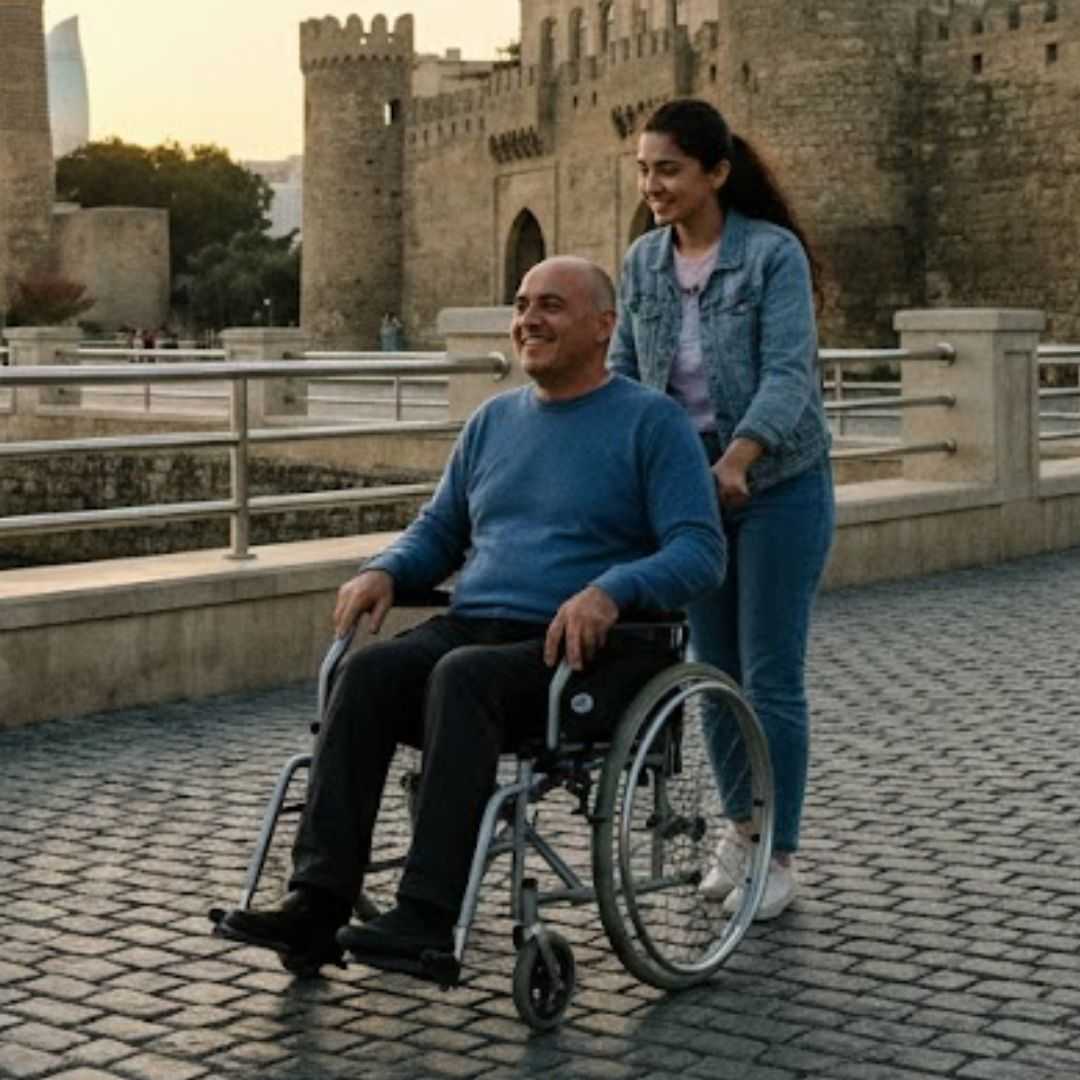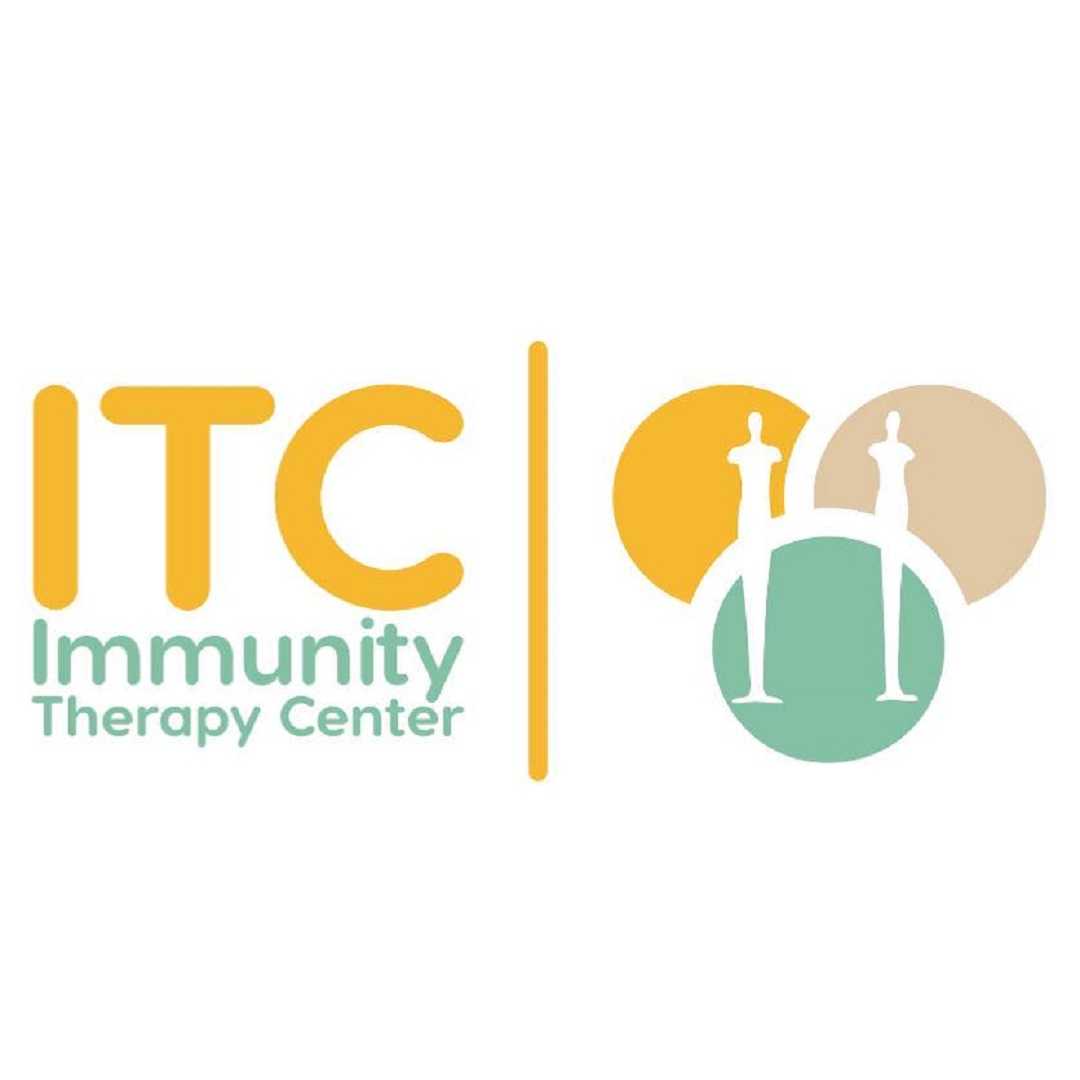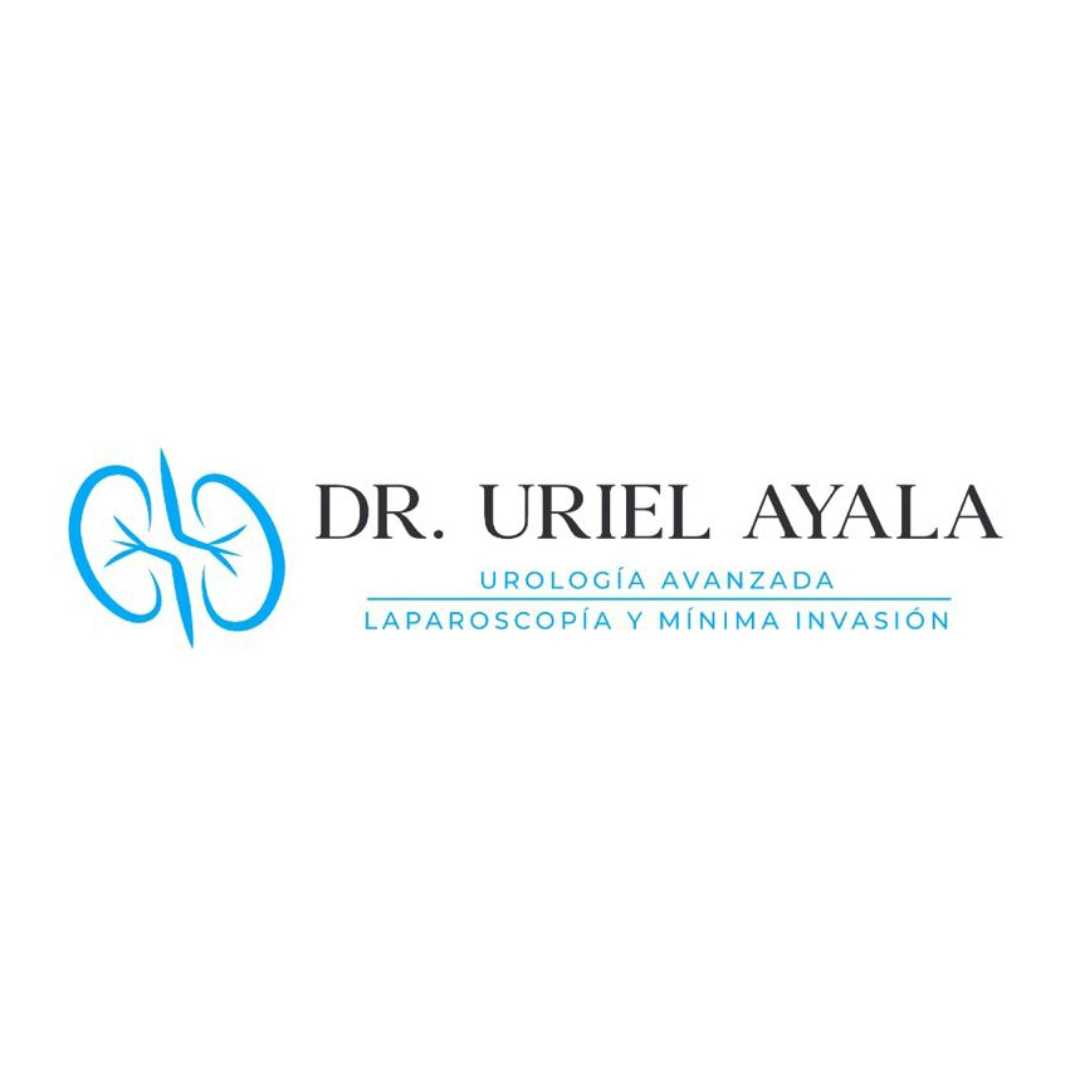Explore the Cost of Immunotherapy for cancer in Mexico

Immunotherapy for cancer in Mexico is becoming an increasingly sought-after treatment option for patients worldwide, offering advanced care often at a more accessible cost. This innovative approach harnesses the power of your own immune system to fight cancer, providing new hope for various cancer types. If you're exploring cancer treatment in Mexico, understanding the ins and outs of immunotherapy is crucial. We'll delve into common questions, covering everything from costs and types to success rates and top clinics, helping you make an informed decision.
The journey with cancer is deeply personal, and exploring treatment options can feel overwhelming. Mexico has emerged as a significant destination for medical tourism, particularly for cutting-edge cancer therapies like immunotherapy. This guide aims to provide clarity and comprehensive answers to the pressing questions individuals have when considering immunotherapy for cancer in Mexico.
How much does immunotherapy for cancer cost in Mexico?
"The cost of immunotherapy for cancer in Mexico can range significantly, generally from $2,000 to $5,000 per session, but comprehensive treatment plans can reach $50,000 to $100,000 or more, depending on the specific drugs, duration of treatment, and clinic."
This cost is often considerably lower than in countries like the United States, making cancer treatment in Mexico an attractive option for many. However, it's crucial to get a detailed breakdown of all anticipated expenses. Factors influencing the final cost of immunotherapy in Mexico include:
- The specific type of immunotherapy drugs used (some are much more expensive than others).
- The number of treatment cycles required.
- The clinic's reputation, location, and facilities.
- Associated costs such as consultations, diagnostic tests, supportive care, and potential hospitalization.
Always request a comprehensive quote that outlines all potential charges to avoid unexpected expenses. Many international patients find significant savings even after factoring in travel and accommodation.
What exactly is immunotherapy and how does it work against cancer?
"Immunotherapy for cancer in Mexico is a type of biological therapy that helps your immune system fight cancer. It uses substances made by the body or in a laboratory to improve or restore immune system function to find and destroy cancer cells."
Immunotherapy works in several ways. Some types mark cancer cells, making them easier for the immune system to find and destroy. Others boost the power of your immune cells, like T-cells, to attack cancer more effectively. Think of your immune system as a highly skilled army; immunotherapy provides it with better intelligence (identifying cancer cells) and advanced weaponry (enhancing its cancer-fighting capabilities). This targeted approach often leads to fewer side effects compared to traditional treatments like chemotherapy, as it focuses on cancer cells while largely sparing healthy ones.
Understanding the specific mechanism of action for the proposed immunotherapy treatment in Mexico is key. Different types of immunotherapy, such as checkpoint inhibitors, CAR T-cell therapy, or cancer vaccines, interact with the immune system in distinct ways. Your oncologist in Mexico will explain which type is most suitable for your specific cancer and why.
What are the common types of immunotherapy available for cancer patients in Mexico?
"Common types of immunotherapy for cancer available in Mexico include checkpoint inhibitors, monoclonal antibodies, cancer vaccines, and adoptive cell therapies like CAR T-cell therapy, though availability can vary by clinic and specific cancer type."
Mexico's advanced cancer centers often provide a range of immunotherapy options:
- Checkpoint Inhibitors: These drugs essentially release the "brakes" on the immune system, allowing immune cells to respond more strongly to cancer. They block proteins that cancer cells use to hide from the immune system.
- Monoclonal Antibodies (mAbs): These are lab-made proteins that can be designed to attach to specific targets on cancer cells, flagging them for destruction by the immune system or directly stopping their growth.
- Cancer Vaccines: Unlike traditional vaccines that prevent disease, cancer treatment vaccines are designed to trigger an immune response against cancer cells in people who already have the disease.
- Adoptive Cell Therapy (e.g., CAR T-cell therapy): This involves removing a patient's immune cells, genetically engineering them in a lab to better recognize and fight cancer, and then reinfusing them into the patient. While highly specialized, some clinics in Mexico are advancing in this area.
The specific types of immunotherapy in Mexico offered will depend on the medical facility's specialization, the type and stage of cancer, and the patient's overall health profile.
Is immunotherapy a common or experimental treatment in Mexico?
"Immunotherapy for cancer in Mexico is an established and increasingly common treatment option offered in many reputable cancer centers, utilizing internationally approved drugs and protocols; however, some specific, newer forms might still be considered advanced or part of clinical trials in certain contexts."
Many of the immunotherapy drugs used in Mexico are the same ones approved by regulatory bodies like the FDA in the United States or the EMA in Europe. Reputable Mexican clinics adhere to international standards of care and often have oncologists trained in the US or Europe. While standard immunotherapy protocols are common, it's true that Mexico is also a place where patients might find access to innovative treatments or clinical trials that are not yet widely available elsewhere.
It's essential to differentiate between well-established immunotherapy treatments and those that might be more experimental. Always ask about the specific drugs being offered, their approval status, and the evidence supporting their use for your particular cancer type.
What are the success rates for immunotherapy in Mexico?
"The success rates for immunotherapy in Mexico, much like anywhere else in the world, vary greatly depending on the type and stage of cancer, the specific immunotherapy used, the patient's overall health, and individual response to treatment. There isn't a single 'success rate' for immunotherapy."
It's more accurate to discuss response rates and long-term survival benefits for specific cancers treated with particular immunotherapy drugs. For certain cancers, like some types of melanoma or lung cancer, immunotherapy has led to significant improvements in long-term survival for a subset of patients. For other cancers, it may be used to control the disease, improve quality of life, or in combination with other treatments.
When discussing cancer treatment in Mexico, clinics may provide statistics based on their own patient outcomes or refer to larger international studies. Be cautious of any clinic promising a "cure" or exceptionally high success rates without providing context and evidence. A realistic discussion with your oncologist about expected outcomes for your specific situation is vital.
Is immunotherapy for cancer safe when administered in Mexico?
"Yes, immunotherapy for cancer in Mexico can be safe when administered at reputable, accredited clinics with experienced oncologists who follow international treatment protocols. Patient safety depends on the quality of the medical facility and the expertise of the medical team."
Like any medical treatment, immunotherapy carries potential risks and side effects. However, the safety profile in Mexico is comparable to that in other developed countries, provided you choose a high-quality facility. Look for clinics with:
- International accreditations or certifications.
- Experienced, board-certified oncologists.
- Clear protocols for managing side effects.
- Access to supportive care and emergency services.
It's crucial to research clinics thoroughly. Read patient reviews, ask about their safety records, and understand how they monitor patients during and after treatment.
What are the potential side effects of immunotherapy?
"Potential side effects of immunotherapy can range from mild to severe and occur because the treatment stimulates the immune system, which can sometimes attack healthy cells. Common side effects include fatigue, skin rash, flu-like symptoms, diarrhea, and inflammation of organs."
Because immunotherapy works by activating your immune system, side effects often stem from an overactive immune response, leading to inflammation in various parts of the body. These are known as immune-related adverse events (irAEs). Common side effects can include:
- Fatigue: Feeling tired is very common.
- Skin issues: Rashes, itching, dryness.
- Gastrointestinal problems: Diarrhea, colitis (inflammation of the colon).
- Flu-like symptoms: Fever, chills, body aches.
- Endocrine problems: Affecting glands like the thyroid or pituitary.
- Lung problems: Pneumonitis (inflammation of the lungs).
- Liver problems: Hepatitis (inflammation of the liver).
Most side effects are manageable if identified and treated early. Oncologists in Mexico experienced in immunotherapy treatment are well-versed in monitoring for and managing these potential complications. Open communication with your medical team about any new or worsening symptoms is crucial.
How do I find the best cancer clinics for immunotherapy in Mexico?
"Finding the best cancer clinics for immunotherapy in Mexico involves researching facilities with international accreditations, experienced oncologists specializing in immunotherapy, positive patient testimonials, transparent pricing, and comprehensive patient support services."
Key factors to consider when searching for a clinic:
- Accreditation and Certifications: Look for clinics accredited by international bodies or those that meet high national standards.
- Doctor's Expertise: Verify the qualifications, experience, and specialization of the oncologists. Are they trained in immunotherapy?
- Technology and Treatments Offered: Does the clinic offer the specific type of immunotherapy recommended for your cancer? Do they have modern diagnostic and treatment technology?
- Patient Reviews and Testimonials: While not the sole factor, experiences of other international patients can provide insights.
- Transparency: The clinic should be open about treatment plans, costs, and potential outcomes.
- Support Services: Consider language support, assistance with travel and accommodation, and post-treatment follow-up.
Medical tourism facilitators can also help identify and vet reputable cancer treatment centers in Mexico.
What is the process for undergoing immunotherapy in Mexico as an international patient?
"The process for undergoing immunotherapy in Mexico as an international patient typically involves an initial consultation (often remote), medical records review, travel arrangements, on-site evaluations and treatment, and a plan for follow-up care, which may occur in Mexico or your home country."
Here's a general outline of the steps involved:
- Initial Inquiry and Consultation: Contact clinics or a medical tourism facilitator. You'll likely have a remote consultation where you discuss your diagnosis and medical history.
- Medical Records Submission: You'll need to provide comprehensive medical records, including pathology reports, imaging scans, and previous treatment details.
- Treatment Plan and Quotation: The Mexican medical team will review your case and propose a personalized treatment plan, including the type of immunotherapy, duration, and estimated cost.
- Travel and Accommodation: Once you agree to the plan, you'll make travel and accommodation arrangements. Many clinics offer assistance with this.
- On-Site Evaluation and Confirmation: Upon arrival, you'll undergo further evaluations, and the treatment plan will be confirmed or adjusted if necessary.
- Treatment Administration: Immunotherapy is typically given intravenously (IV) in cycles, with rest periods in between. The frequency and duration depend on the specific drug and your cancer.
- Monitoring and Side Effect Management: You'll be closely monitored for response to treatment and any side effects.
- Follow-Up Care: After completing your treatment cycles in Mexico, a follow-up plan will be established. This might involve periodic return visits or coordination with your oncologist back home.
Can immunotherapy be combined with other cancer treatments in Mexico?
"Yes, immunotherapy in Mexico can often be effectively combined with other cancer treatments such as chemotherapy, radiation therapy, or targeted therapies to enhance overall treatment efficacy and improve patient outcomes."
Combining treatments is a common strategy in modern oncology. For example:
- Immunotherapy and Chemotherapy: Chemotherapy can sometimes make cancer cells more recognizable to the immune system, making immunotherapy more effective.
- Immunotherapy and Radiation Therapy: Radiation can cause cancer cells to release antigens, which can help stimulate an immune response that immunotherapy can then amplify.
- Immunotherapy and Targeted Therapy: Targeted drugs attack specific molecules involved in cancer growth, and combining them with immunotherapy can offer a multi-pronged attack.
Your oncology team in Mexico will determine if a combination approach is suitable for your specific cancer type and stage, based on the latest research and clinical guidelines. They will discuss the rationale, potential benefits, and added risks of any combined modality.
What types of cancer are commonly treated with immunotherapy in Mexico?
"Immunotherapy in Mexico is used to treat a growing list of cancers, including melanoma, lung cancer, kidney cancer, bladder cancer, head and neck cancers, Hodgkin lymphoma, and certain types of colorectal and liver cancers, among others."
The range of cancers treatable with immunotherapy continues to expand as research progresses. Some of the cancers for which immunotherapy has shown significant promise and is commonly used in Mexican clinics include:
- Melanoma: One of the first cancers where immunotherapy demonstrated dramatic success.
- Non-Small Cell Lung Cancer (NSCLC): Immunotherapy has become a standard of care for many patients with NSCLC.
- Kidney Cancer (Renal Cell Carcinoma): Several immunotherapy drugs are approved for kidney cancer.
- Bladder Cancer: Immunotherapy is an important option for certain stages of bladder cancer.
- Head and Neck Cancers: Approved for certain recurrent or metastatic cases.
- Hodgkin Lymphoma: Effective for classical Hodgkin lymphoma that has relapsed or is refractory.
- MSI-High or dMMR Tumors: Cancers with specific genetic features (microsatellite instability-high or mismatch repair deficient) across various tumor types can respond well to checkpoint inhibitors.
The suitability of immunotherapy for cancer in Mexico for a specific cancer type depends on many factors, including the cancer's specific characteristics and biomarkers.
Are there specific eligibility criteria for patients seeking immunotherapy in Mexico?
"Yes, there are eligibility criteria for immunotherapy in Mexico. These typically include a confirmed cancer diagnosis, specific tumor markers or characteristics, adequate organ function (like kidney and liver function), and a reasonable overall health status (ECOG performance status)."
While immunotherapy offers hope, it's not suitable for everyone. General eligibility criteria often include:
- Confirmed Diagnosis: A clear pathological diagnosis of a cancer type known to potentially respond to immunotherapy.
- Biomarker Testing: For some immunotherapies (like checkpoint inhibitors targeting PD-1/PD-L1), testing for specific biomarkers may be required to predict the likelihood of response.
- Prior Treatments: Depending on the cancer type and specific immunotherapy drug, it might be indicated as a first-line treatment or after other treatments have failed.
- Performance Status: Patients generally need to be relatively well and mobile (e.g., an Eastern Cooperative Oncology Group (ECOG) performance status of 0, 1, or sometimes 2).
- Adequate Organ Function: Blood tests will assess kidney, liver, and bone marrow function.
- Absence of Autoimmune Disease: Patients with severe, active autoimmune diseases may not be candidates due to the risk of exacerbating their condition, though exceptions can be made.
Each clinic offering cancer treatment in Mexico will have its own detailed evaluation process to determine a patient's suitability for immunotherapy.
What should I ask my oncologist in Mexico about immunotherapy?
"When consulting an oncologist about immunotherapy for cancer in Mexico, ask about the specific type recommended, its expected benefits and risks for your cancer, success rates based on evidence, potential side effects and their management, the total estimated cost, and the treatment schedule."
Prepare a list of questions for your consultation. Key questions include:
- What specific type of immunotherapy do you recommend for my cancer, and why?
- What is the scientific evidence or clinical trial data supporting its use for my specific cancer type and stage?
- What are the potential benefits and chances of success in my case?
- What are all the potential short-term and long-term side effects, and how will they be managed?
- What is the treatment protocol (how often, for how long)?
- Will it be combined with other treatments? If so, why?
- What is the total estimated cost, including all associated fees?
- What follow-up care is needed?
- What is the clinic's experience with treating my type of cancer with this immunotherapy?
- Are there alternative treatments, including other types of immunotherapy, that I should consider?
A good oncologist will welcome your questions and provide clear, comprehensive answers to help you make an informed decision about your cancer treatment in Mexico.
How long does a typical immunotherapy treatment course last in Mexico?
"A typical immunotherapy treatment course in Mexico varies widely; individual sessions can last from 30 minutes to several hours, and treatments are often given every 2 to 6 weeks. The total duration can range from several months to two years, or even longer if the treatment is effective and well-tolerated."
There's no one-size-fits-all answer to treatment duration. Checkpoint inhibitors, for example, are often given for up to two years if the cancer is responding well and side effects are manageable. Some patients may continue treatment longer if they are still benefiting. Other types of immunotherapy, like CAR T-cell therapy, involve a one-time infusion after a conditioning regimen.
The specific drug, the type of cancer, the patient's response, and tolerance to side effects all play a role in determining the overall length of the immunotherapy treatment in Mexico. Your oncologist will outline the proposed schedule.
What kind of support can international patients expect from Mexican cancer clinics?
"International patients seeking immunotherapy for cancer in Mexico can often expect support services such as English-speaking staff, assistance with medical visa coordination, help with travel and accommodation arrangements, airport transfers, and coordination of follow-up care."
Many top cancer clinics in Mexico cater to international patients and understand their unique needs. Support services may include:
- Language Services: Bilingual doctors, nurses, and patient coordinators.
- Travel Logistics: Assistance with finding flights and suitable accommodation near the clinic. Some clinics have partnerships with local hotels.
- Visa Assistance: Guidance on any necessary visa requirements.
- Personalized Care Coordination: A dedicated contact person to help navigate the treatment process.
- Nutritional and Wellness Support: Access to dietitians and other supportive therapies.
- Transparent Billing: Clear explanations of costs and payment options.
Clarify the extent of support services offered when you are evaluating clinics for your cancer treatment in Mexico.
Are there any legal or regulatory considerations for immunotherapy in Mexico?
"Yes, immunotherapy for cancer in Mexico is regulated by COFEPRIS (the Federal Commission for the Protection against Sanitary Risks), which is Mexico's equivalent of the FDA. Reputable clinics use approved drugs and adhere to national health regulations."
COFEPRIS oversees the approval, importation, and use of medical drugs and devices in Mexico, including immunotherapy agents. It's important to ensure that the clinic you choose uses medications that are either approved by COFEPRIS or are internationally recognized (e.g., FDA/EMA approved) and are being administered within established ethical and regulatory guidelines.
Patients should inquire about the regulatory status of the specific treatments offered. Choosing well-established, reputable clinics minimizes risks associated with regulatory non-compliance. These clinics typically source their medications through legitimate channels and follow stringent safety protocols for their cancer treatment in Mexico.
Ready to explore your options for cancer treatment? PlacidWay can help you connect with leading clinics and specialists for immunotherapy for cancer in Mexico. Discover personalized healthcare solutions tailored to your needs.


.png)




.png)









Share this listing